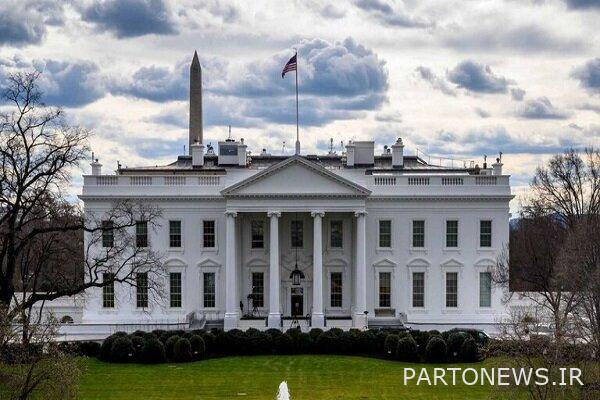America’s proposal for the joint military planning of Battle Aviv about Iran – Mehr News Agency | Iran and world’s news

According to Mehr News Agency, three American and Zionist officials told Axios that the Biden administration proposed to Tel Aviv the idea of participating in joint military planning regarding Iran a few weeks ago.
US officials say this proposal is unprecedented and could significantly enhance US military cooperation with the Israeli regime.
However, Zionist officials have so far treated the proposal with skepticism, fearing that it would be an attempt to “tie Tel Aviv’s hands” from taking action against Iran – especially its nuclear facilities – if the US opposes it. An American official emphasized that this proposal “is not planning any kind of joint attack between the United States and Israel against Iran’s nuclear program.”
On the other hand, American officials said that this proposal was made during the recent visits of General Mark Milley, the US Joint Chiefs of Staff, Lloyd Austin, the Secretary of Defense, and General Eric Korilla, the commander of CENTCOM, to Israel.
A senior Zionist official said in this regard: “Israel did not reject the idea, but asked for clarification on what joint military planning means in practice, including whether the process remains in the realm of intelligence and scenarios or into the realm of operations.” Does the joint expand?”
A US official said the proposal was meant to ensure US military support for Tel Aviv and was not intended to tie Tel Aviv’s hands in any way. The American official added: “Such joint planning means that each side shares its plans for different contingencies, and both sides can discuss ways to better deal with different scenarios that may arise in relation to Iran’s activities in The region should be created, let’s talk.”
Pentagon spokesman Col. Philip Ventura said senior Defense Department leaders are “interested in expanding military cooperation with the Israeli military, including increased joint participation in military training exercises to improve interoperability and promote a shared understanding of regional security challenges.”
He added: “Relations between the US military and Tel Aviv are very close, and our commitment to Israel’s security remains constant.”
However, the Israeli army has not responded to requests for comment on this news.
White House National Security Adviser Jake Sullivan also tried to allay the concerns of the Zionists in a speech at the Washington Institute for Near East Policy two weeks ago. In this connection, Biden’s adviser said: “We have made it clear to Iran that it can never be allowed to acquire nuclear weapons. As President Biden has repeatedly emphasized, he will take the necessary steps to stand by this position and at the same time recognize Israel’s freedom of action.
On the other hand, the White House has recently announced that the US military will strengthen its defense posture in the Persian Gulf. The U.S. Navy’s 5th Fleet has also announced efforts to increase the rotation of ships and aircraft patrolling the Strait of Hormuz, an important shipping lane in the region.
Earlier, Seyed Mustafa Khoshchashm, an expert on international affairs, in a conversation with Mehr, in response to US National Security Adviser Sullivan’s anti-Iranian statements, said: “Jake Sullivan’s statements are made in the context of diplomatic and political pressure, which puts Iran on the path of confrontation on several issues. He added: “Basically, whenever the Americans don’t get what they want in the negotiations, they turn to combined pressure or combined war and try to put pressure on Iran in various fields. This combined pressure appears in all hard, semi-hard and soft areas, which is one of the soft models in the field of political and diplomatic pressure.

